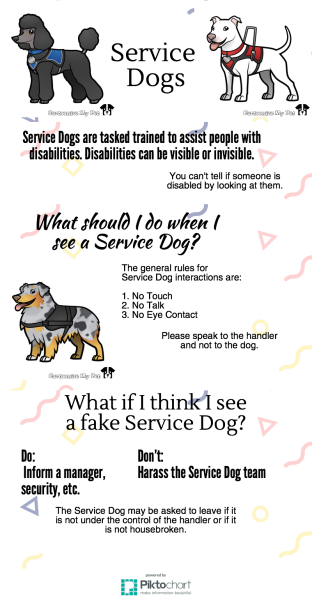Dog Daycare Impact On Home Behavior
Dog Daycare Impact On Home Behavior
Blog Article
Can Dog Daycare Reason Disease?
Canines in daycare obtain lots of exercise, socializing with various other canines and unique experiences. This can be specifically practical for puppies and dogs with behavior issues.
There are numerous lawful considerations you need to consider when beginning a dog childcare business. These include the structure of your business and compliance with government guidelines.
1. Pooch Distemper
Canine distemper is spread out via direct contact with the bodily fluids and waste of an infected dog, but it can also be transmitted through shared water and food bowls or with air-borne beads. This extremely infectious ailment is most unsafe for pups, yet it can influence pets of any kind of age and is deadly for most if left untreated.
Initial signs of canine distemper typically simulate an acute rhinitis, consisting of drippy eyes and nose with watery or pus-like discharge. As the illness advances, a canine will establish fever, coughing, reduced appetite, throwing up and looseness of the bowels. The infection can additionally strike the nerves, causing seizures, shivering and partial or total paralysis.
Credible childcares minimize direct exposure to infection by needing vaccinations, routine health examinations and follow strict health methods. If your puppy appears excessively exhausted or limping, a day of rest might aid him recuperate, however you ought to avoid taking him back to daycare till these signs and symptoms improve.
2. Kennel Cough
Kennel cough, also called transmittable canine tracheobronchitis or Bordetella, is a very infectious viral or bacterial disease that influences the respiratory system system. It's frequently transferred with the exchange of saliva or air droplets that an unwell canine exhales. Social dogs go to greater risk for infection due to their constant communication with one another, such as when they play, share food or water, sniff each other or just satisfy in a congested atmosphere like a pet dog park or day care.
One of the most typical symptom of kennel cough is a persistent and forceful cough that seems like something embeded the throat or retching. Commonly, pet dogs will divulge foamy white phlegm. If left without treatment, a canine can develop pneumonia overnight dog boarding and go to severe risk for life.
A reputable childcare center ought to have strict cleansing and cleanliness protocols, disinfect all playthings, food and water bowls frequently, and be open about their inoculation policies. Keeping your pet as much as date on their inoculations, particularly for bordetella and canine influenza, will substantially minimize their possibilities of contracting the ailment.
3. Parvovirus
Canine parvovirus, or parvo, is an extremely contagious viral ailment that can be lethal for puppies and young person canines with poor body immune systems. It's most typically spread out by straight contact with contaminated pet feces-- which can occur when dogs smell, lick, or taste contaminated feces-- and indirectly from polluted people, things, or atmospheres (like kennels, brushing spaces and lawns). Young puppies and canines without full vaccination backgrounds are particularly susceptible to parvo.
The infection is incredibly resistant, making it through in the setting for as much as 9 years, and can quickly be moved between pets by get in touch with through feces or on footwear, clothing, and bed linen contaminated with parvovirus. Otherwise treated promptly with IV fluids, electrolyte equilibrium, throwing up control medicines and anti-biotics to prevent second bacterial infections, a pet dog will swiftly dehydrate and establish severe looseness of the bowels, which leads to shock and sepsis. Parvo is hard to treat as soon as a canine has actually become ill, however with ideal veterinary treatment, many young puppies do endure this illness.
4. Dog Flu
Dog flu virus is extremely transmittable and spreads through straight call, sharing food and water bowls, licking or nuzzling other pet dogs, via airborne droplets, and via contaminated surfaces. Inoculation is effective in minimizing the risk of infection and break outs.
The majority of affected canines create a mild breathing infection with a coughing that lasts 1-3 weeks. They may likewise have nasal and eye discharge, sneezing, and sleepiness. Some of the most significant cases lead to pneumonia and a high fever.
If your pet exhibits any of these signs and symptoms, do not bring them back to daycare up until they are healthy and balanced. If your dog is showing indications of severe fatigue or limping, speak to your veterinarian immediately and make certain they get on good health supplements to help develop their resistance. A vet will certainly evaluate your canine for signs and symptoms of the influenza by taking a sample from the nose or throat, and blood tests can be done to verify.